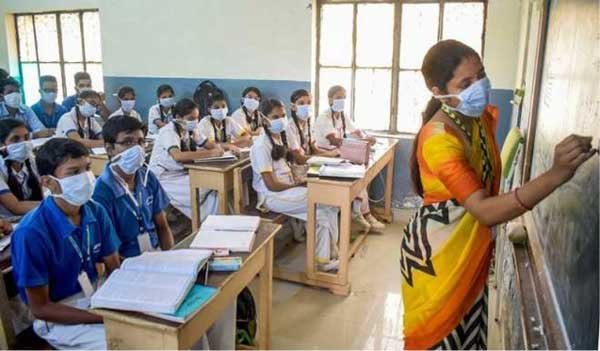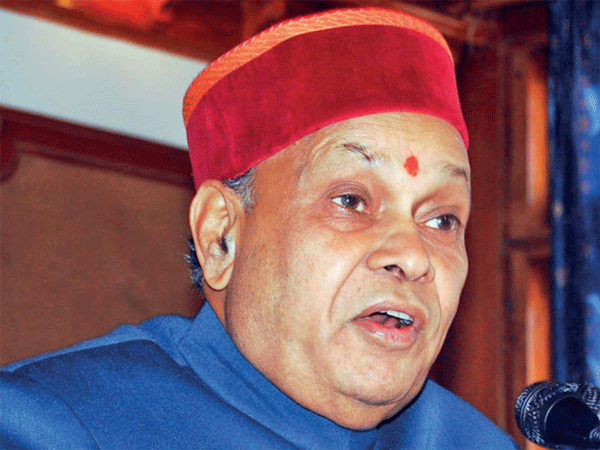
Shimla, Dec 31,
A wave of opposition is sweeping across India as employees and engineers in the power sector are vehemently protesting the government’s push to privatize public electricity utilities. Joining the same the employees and engineers of Himachal Pradesh State Electricity Board Limited (HPSEBL), stood alongside their counterparts across the country.
The protest, led by the National Coordination Committee of Electricity Employees and Engineers (NCCOEEE), these workers are sounding the alarm on the potential consequences for consumers, workers, and the Nation’s energy security.
A detailed memorandum submitted to the President of India outlines the grave concerns arising from the privatization of profitable and well-managed public utilities. The document argues that such moves will inevitably lead to higher electricity tariffs for consumers, erode workers’ rights and benefits, and ultimately compromise India’s energy sovereignty.
The recent privatization of the Chandigarh UT Power Department, despite its consistent profitability and low operational losses, has become a focal point of this nationwide protest. This move, which undervalued crucial assets and bypassed essential safeguards like independent asset valuation, has ignited widespread anger among employees.
Concerns are also mounting in other states, including Uttar Pradesh, Rajasthan, and Telangana, where similar privatization efforts are underway. In Uttar Pradesh, despite significant government investments and substantial outstanding dues, profitable utilities are being undervalued for private sale.
The memorandum further highlights the alarming trend of outsourcing critical infrastructure, such as Power Grid substations, and the nationwide push for private-sector smart metering, which are causing significant unrest among employees.
To express their dissent, approximately 27 lakh workers across the country participated in a “One Hour Seize Work” strike on December 31, 2024. However, instead of addressing the concerns of their employees, the governments in Chandigarh and Uttar Pradesh resorted to invoking the Essential Services Maintenance Act (ESMA) to suppress public demonstrations.
The NCCOEEE has warned that continued disregard for the employees’ demands will inevitably lead to further escalation of protests, potentially culminating in indefinite strikes. The future of India’s power sector now hangs in the balance as this crucial debate unfolds.

The HimachalScape Bureau comprises seasoned journalists from Himachal Pradesh with over 25 years of experience in leading media conglomerates such as The Times of India and United News of India. Known for their in-depth regional insights, the team brings credible, research-driven, and balanced reportage on Himachal’s socio-political and developmental landscape.












